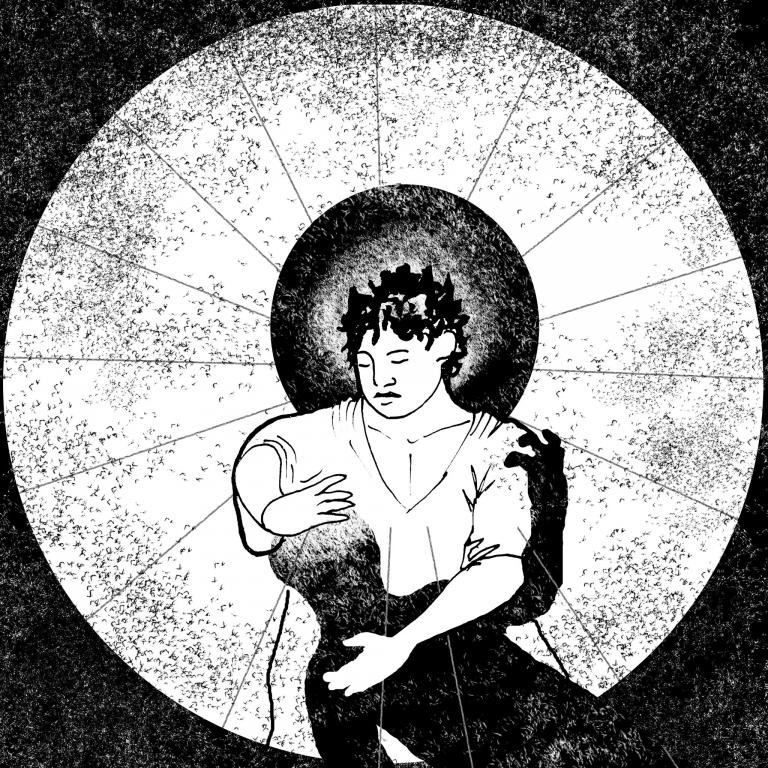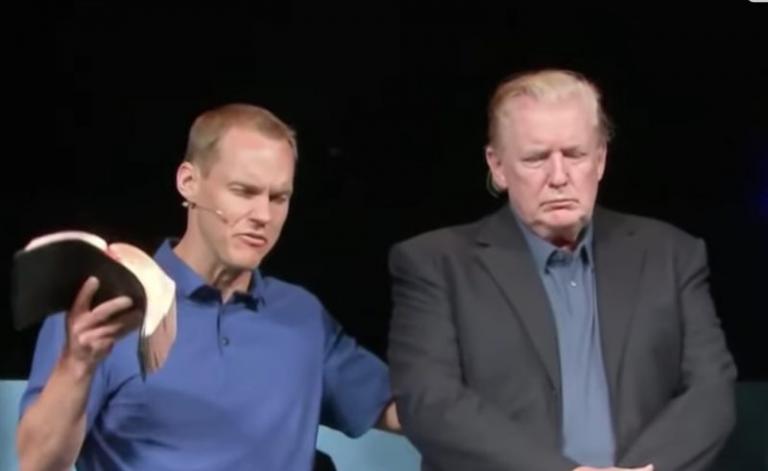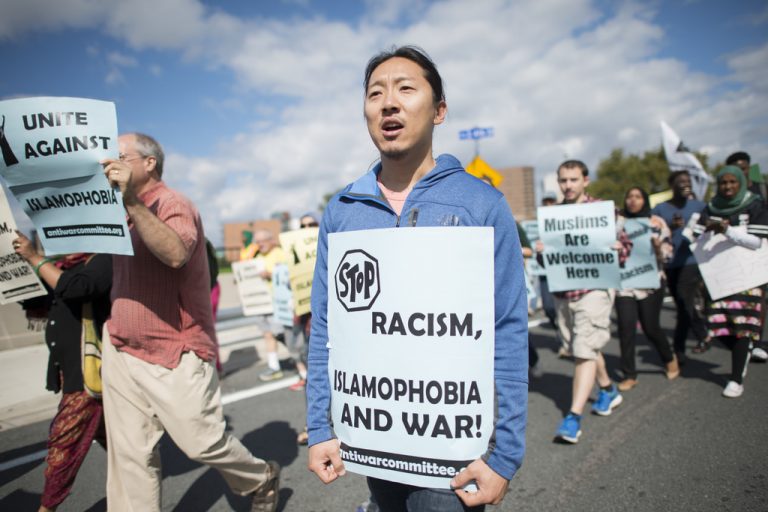
In my last post, I shared a very brief sketch of the history of those communities that embraced a radical reading of Jesus’ life and teachings. I want to take a little time to reflect on those movements before moving on to engage in a few of the most revolutionary passages in Scripture.
So, what can we learn from this stroll through history? How does it inform our own lives in this season? I’d like to raise six insights from my brief history lesson:
1) Every one of the groups listed has been considered heretical, in some way, by the dominant religious groups of their time. This may seem obvious, but if a religious group is dominant, they won’t like anti-authoritarian tendencies among its religious adherents. Given this history, we shouldn’t expect mainstream Christianity to naturally shift towards radicalism.
2) Many of these groups are “heretical” (or at least flirted with “heresy”) in more than one area. If we are intellectually honest, our radical impulses will affect more than just our view of politics. When we challenge political power, it can lead us to rethink every relationship, including our relationships with spiritual authority (which may also include the Bible, Jesus, and God). And vice versa. Mysticism (which often challenges religious authority) can lead to political action.
That doesn’t mean we have to open up the doors of every classical “heresy”. It does, however, suggest that radicalism doesn’t play safely with every expression of mainstream Christianity. When a belief is deemed a “heresy” it often accompanies the marginalizing of a group of people who have gathered around that belief. It is difficult to discern whether the group is ostracized because it is heretical, or deemed heretical because it is a beneficial tactic of the dominant group to eliminate a threat.
3) Most radical Christian groups either die out or lose their distinctives as they become mainstream. We should try to learn from those groups that still hold onto some aspects of their strangeness. And we should take note how radical speech is twisted to reinforce the status quo (like how the mainstream parades around with MLK quotes on MLK day.
4) Oppressors usually control what is remembered. You’ll notice a large gap from the early church to the Bogomils. This doesn’t mean that there were no radical Christian groups between the 4th and 10th centuries. It is likely that many “heretical” groups (Novations, Donatists, Pelagians, etc.) or early monastic expressions could have made the list. However, there isn’t as much information about fringe groups during those centuries. What we do know about these groups is largely offered by their religious/political enemies. This isn’t to say that all such groups were nifty and worthy of emulation. However, we simply do not know how much such groups could inspire us in our own messy efforts to live faithfully in the midst of civilization. This is why radical communities need storytellers, and enough of them to keep our stories alive.
5) While some groups influenced later groups, there isn’t a successive chain of radical Christianity. A radical understanding of the Gospel isn’t passed down through the ages like a baton. Rather, it emerges and re-emerges. I believe that the Spirit of God creates spiritual revolution. We should be open to new expressions of faithful resistance emerging from unexpected places. This should be cause for hope: even in the most unlikely of places, life breaks out like a weed sprouting through a crack in a sidewalk.
6) Most movements mentioned above had early founders and influencers who were mystics. I’ve alluded this already, but it is worth emphasizing. In her book The Silent Cry, Dorothee Soelle points to the mystical nature of liberation. We would be wise to ground our politics in mysticism–a mysticism that embraces a sort of divine wildness that can empower us to love in an unloving world. One that gives us a glimpse of a reality that we can’t yet see. When we experience a direct connection with God, one another, and the rest of creation, we can find the clarity and power to challenge all of those forces that seek to breed alienation and death.











